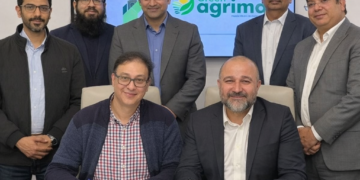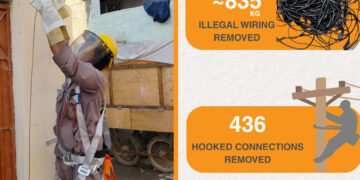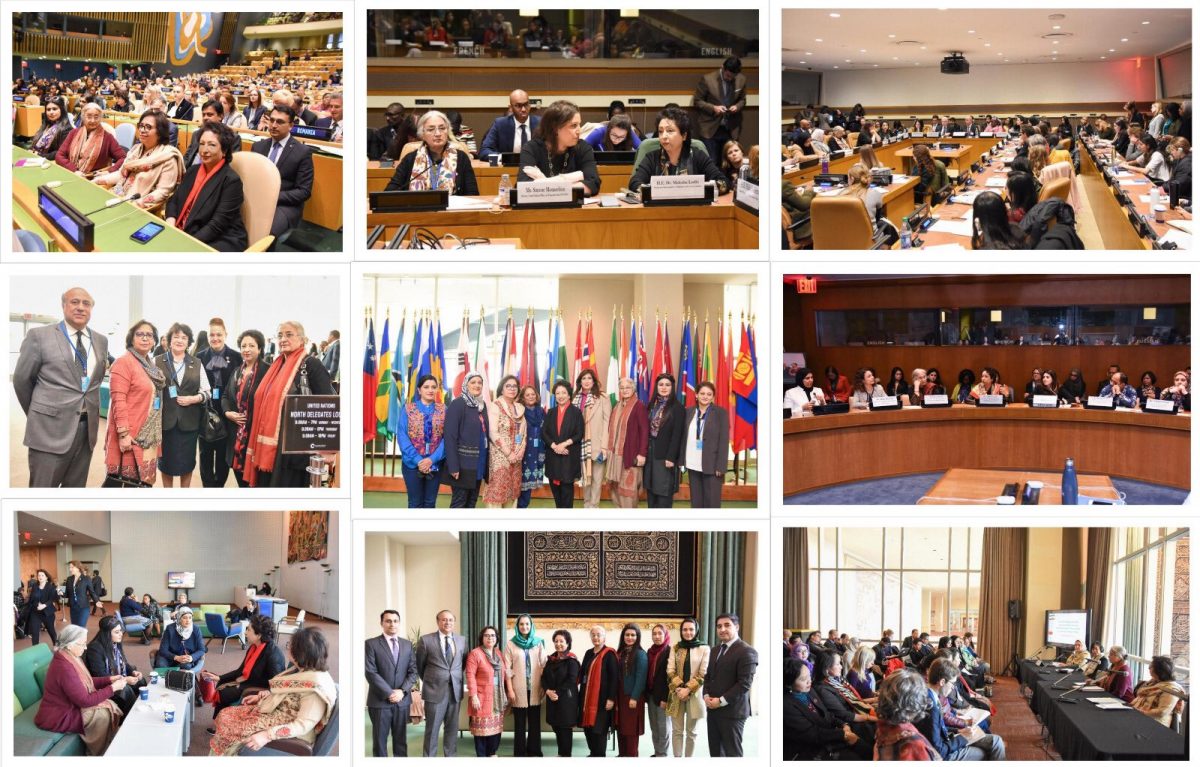Expressing grave concern over the 2.2 million out of school children in the country, parliamentarians and stakeholders have emphasized upon the government to immediately notify the Free and Compulsory Education (Article 25A) in order the ‘free and compulsory education for all’ goal is achieved to meet the sustainable development goals.
These consensus views were expressed during a national conference on right to education where parliamentarians and other stakeholders organized by the Awaz CDS-Pakistan, Pakistan Development Alliance and VSO Pakistan. The purpose of this conference was to highlight the progress, challenges and way forward viz-a-viz implementation of Article 25-A after 12 years of its inception.
The panelists included Chief Executive Officer Awaz CDS, Zia ur Rehman; Chairperson National Commission for Child Rights, Afshan Tehseen; Zahra Arshad, Pakistan Coalition for Education, Areeba Shahid from PYCA, Malik Ibrar Hussain, President All Pakistan Private Schools Association; Atif from All Pakistan teachers forum, Dr. Hammad Lanng, Ministry of Human Rights; Nafeesa Khattak, Convener SDG4, Sub-Committee, National SDG Task Force; Punjab MPA & Chairperson Standing Committee on School Education, Aisha Nawaz Chaudhry; Shandana Gulzar-MNA and convened SDG 5,Malala Fund Country Director Javed Malik.
It is to mention here that the Free and Compulsory Education was passed by the parliament in 2010 however, the government is yet to notify it in Federal Capital and Punjab despite the passage of several years.
Starting the discussion, CEO Awaz CDS Zia ur Rehman said that due to the delay in notifying the Act, Pakistan is lagging behind in achieving the SDG on education. “As a developing state, we cannot afford to be lagging in achieving SDGs especially in education, which is key to progress and sustainability,” he remarked.
He mentioned that parliamentarians are visionary and committed to strengthen the education system and girls education. He urged them to highlight the demand of education at the lower sector and treat education as emergency and especially girls secondary education.
Nafeesa Khattak said that the parliament will be engaged to put pressure on the government for notification of the Act. She said that the government had engaged Ulema as well as private schools to encourage their input on the single national curriculum (SNC), yet it needs to enter the implementation phase to achieve education targets. The SNC is a balanced approach at government schools while the Madaris need to impart quality education along with religious education.
In her remarks, NCRC Chairperson Afshan Tehseen mentioned with concern that 2.2 million children are out of school in the country which needs to be controlled.
She regretted that Pakistan had committed 4 percent of the national budget for education but allocated only 2.8 percent. “We can make education a priority agenda if the government allocates a significant chunk of budget for this sector as well as collective efforts are ensured from all stakeholders,” she remarked.
Punjab MPA Shamim Aftab stressed the need to engage all stakeholders as well as parliamentarians for ensuring implementation of the Article 25-A. “The government should engage civil society to bring change through ensuring education to all children.
Ayesha Nawaz, another MPA from Punjab, said that education is the priority of the present government. She also shared that Punjab standing committee on education has also passed the amendment bill to notify Punjab free and compulsory education act 2014 at once. She also assured that in coming session, this bill will be passed from assembly hopefully.
Shandana Gulzar, Convener SDG5 Sub-Committee, National SDG Task Force, Chairperson Commonwealth Women Parliamentarians, urged to keep girls at par with boys in education and choices of life ensuring equal opportunities. She further stressed that gender equality cannot be achieved if girls remains out of discourse in education.



















